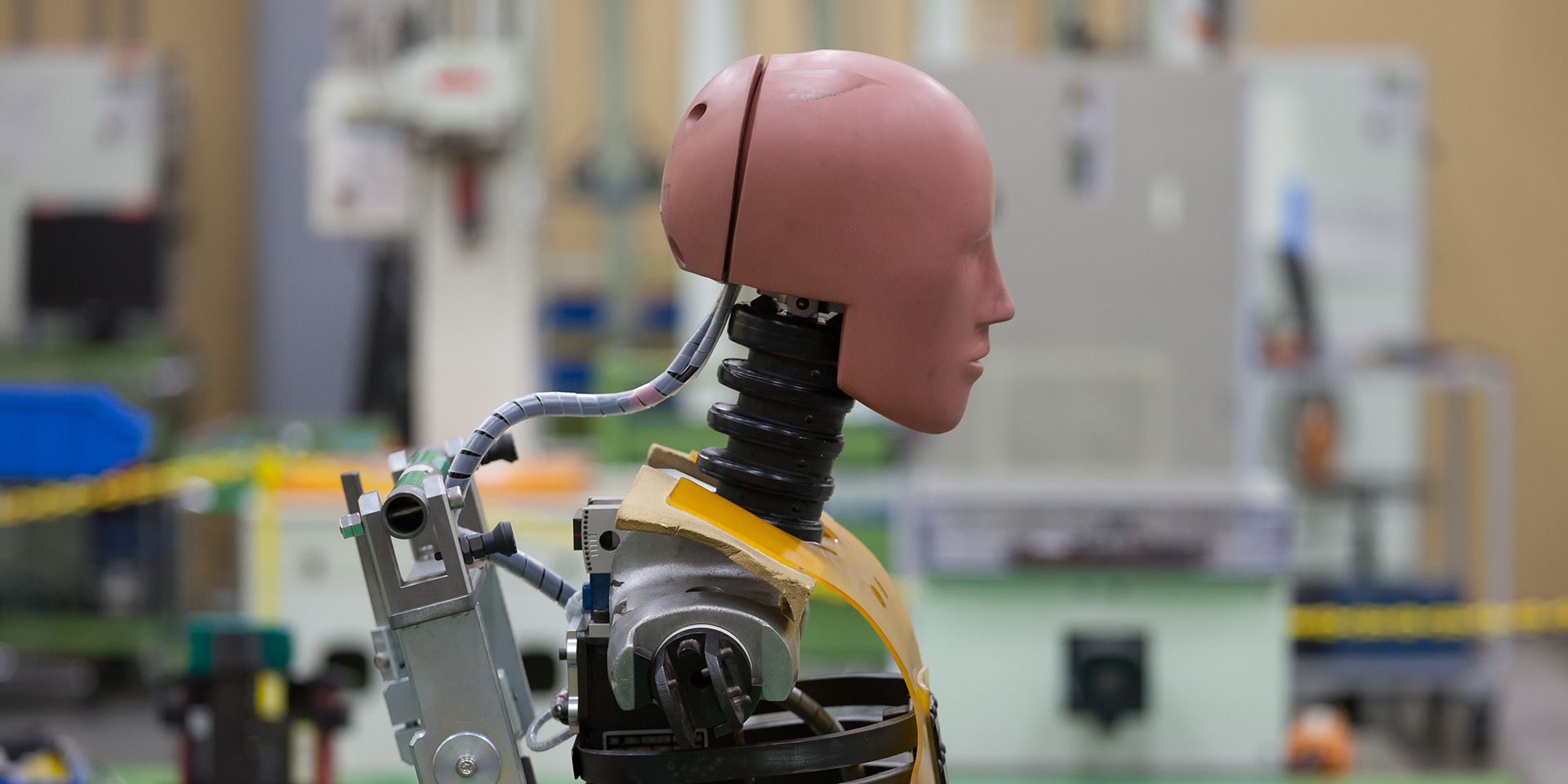
How Do Crash Test Sensors and Measuring Systems Work?
Crash Testing Measuring Systems and Sensors
What happens in a vehicle crash is the subject of many studies. Human life is valuable enough to warrant such studies since collisions are frequent and can be deadly. Car manufacturers must work tirelessly to minimize preventable accidents and create the safest possible environments for the human body during impact. It is important for your good name.
One of the best ways to accomplish these goals is through crash test sensor technology. Highly accurate pinpoint sensors wired into high-precision software systems enable you to gather data from impact tests without appreciable data loss. This turns scenarios that unfold very quickly – far too rapidly for the human eye to follow – into intelligible data that significantly increases the design process's effectiveness.
So how exactly does crash test sensor technology improve vehicle safety? Let’s take a look.
Limitations of First-Generation Crash Test Systems
There are a lot of problems with vehicle crash tests. Yes, you had crash test dummies standing in for humans. You could compare them before and after the impact to see where the damage had occurred. You could match up findings with video. Basic sensor technology helped flesh out what happened during each simulation.
What was missing? The granular data showing how impact force is distributed allows test engineers to make the best possible design decisions. Because tests happen so quickly, it’s hard to tell what’s going on without that data.
Precise Crash Test Sensor Technology for Every Iteration
Safety testing has improved dramatically in the last few decades. Using cameras, sensor technology and other technologies to measure the outcome of vehicle crash tests, we can now paint richly detailed pictures of what happens to the human body during impact. Repeatable sensor-based anthropomorphic test runs allow you to gather robust data sets from every impact interface point, then match them up against what you see on camera and forensic exploration of the car after the fact.
Unfortunately, without the right crash test sensor technology, you’re still missing a big piece of the picture or perhaps missing the big picture entirely.
Advantages of Cutting-Edge Crash Test Systems
For that reason, the right crash test sensor is crucial for accurately modelling what happens during impact. From the position of body parts to the injury potential of various restraint systems, you need to know what’s occurring at all times. Crash test dummies are only as good as the technology measuring what’s happening to them.
A gold-standard crash test sensor system, complete with software, should:
- Use thousands of sensors to create a comprehensive network of pressure points in the impact area of interest, from the seat to the dummy
- Gather thousands of readings per second at every sensor
- Seamlessly and automatically transmit and synchronize data from car-mounted sensors to devices for compilation and analysis
- Analyze data for use in later tests or engineering
- Offer 3D visualizations of what’s happening at every phase of the test
- Enable repeated test runs without lengthy recalibration periods

Integrating Vehicle Impact Testing Systems from XSENSOR
The only remaining question is, how will you use impact crash test sensor technology to enrich your tests and improve the safety of your vehicles? Whatever your needs, XSENSOR is here to help.
Our industry-leading technology combines impact testing equipment and data acquisition systems with proprietary software to help you turn vehicle crash tests into meaningful, analyzable data. Sensors mounted on vehicles or components placed on dummies help you break down crash test scenarios into bite-sized pieces of information.
Together, these complementary components – sensors and software – help you create rich visualizations and data sets that model what happens during a crash. That allows you to run repeated scenarios of vehicle crashes, refine your data test after test, and take real action in the design process. With our systems, you can look forward to safer vehicles, happier customers and a more robust brand in years to come.
To learn more about our automobile safety solutions and platform, please reach out to XSENSOR today.


